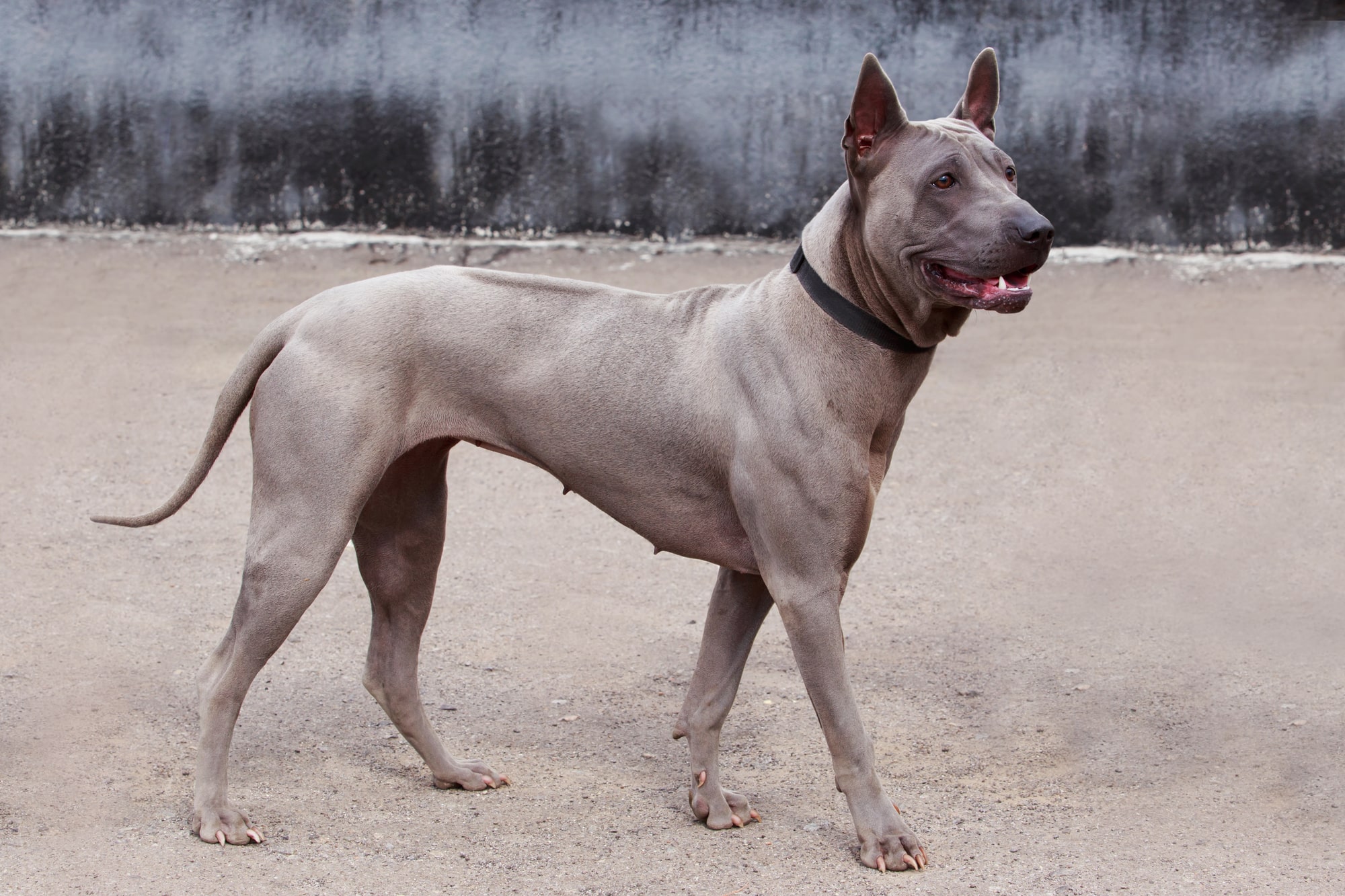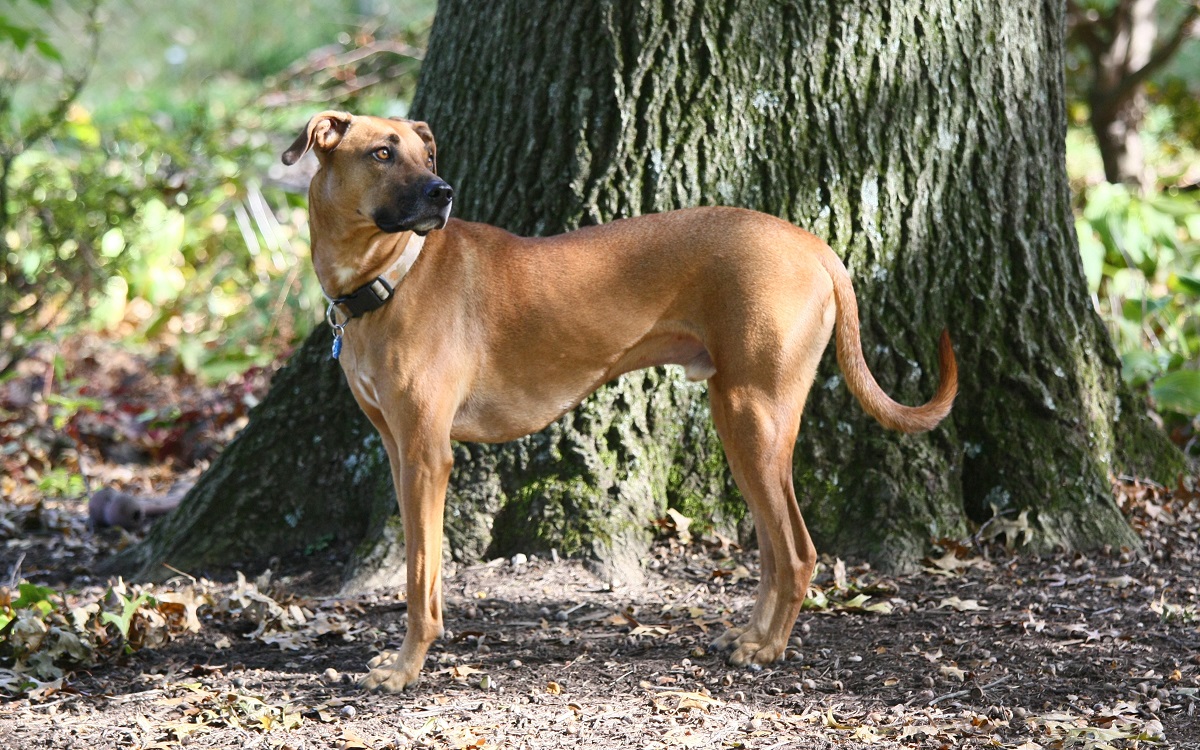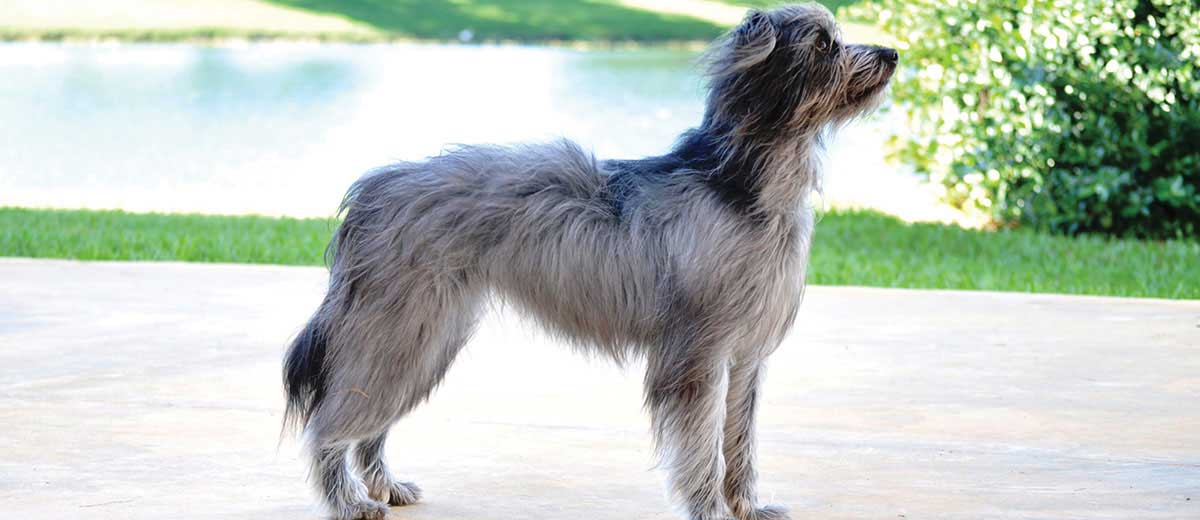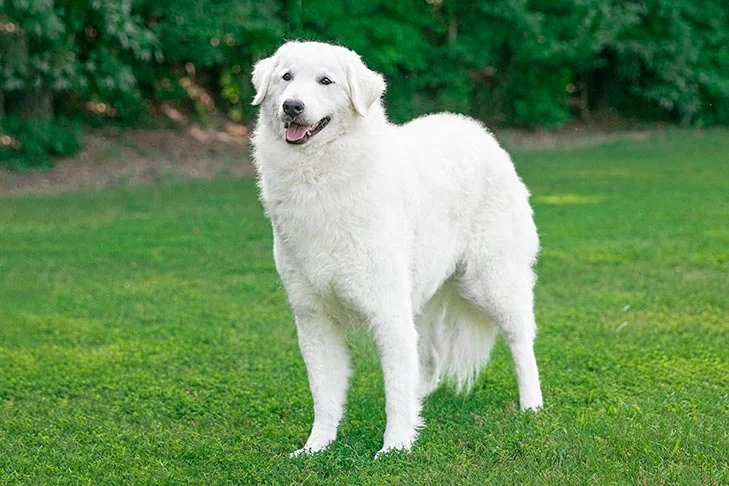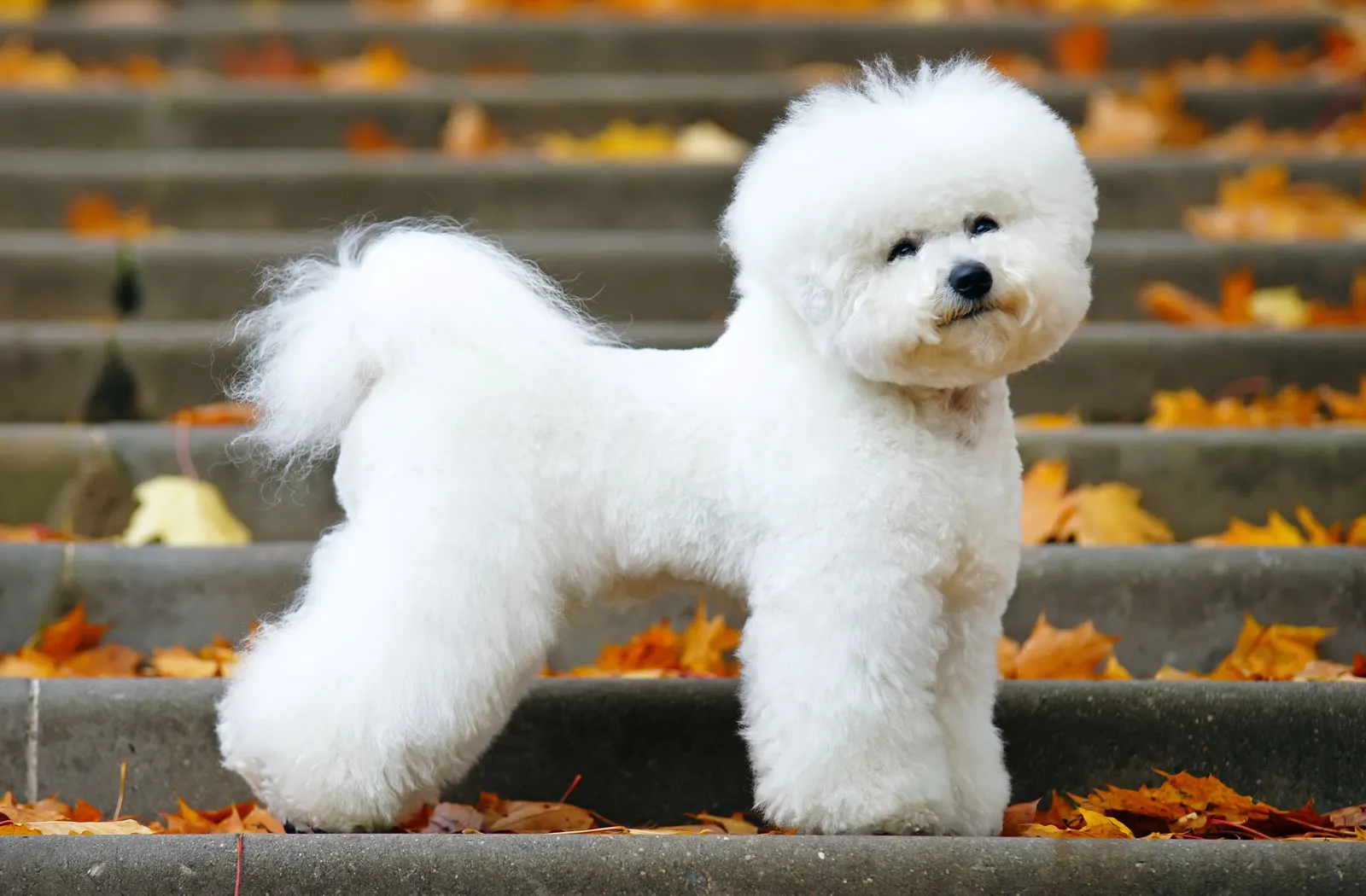Introduction
The Thai Ridgeback is a unique and ancient breed of dog known for its distinctive ridged back and independent nature. Originating in Thailand, this breed was traditionally used for hunting, guarding, and as a general farm dog. With their athleticism, intelligence, and loyalty, Thai Ridgebacks make great companions for those who can provide the necessary exercise, training, and socialization. They are known for being fiercely independent and can be reserved with strangers, but they are also deeply loyal and affectionate with their families.
Thai ridgeback Temperament
Thai Ridgebacks are known for their independent, intelligent, and loyal personality. They are often reserved with strangers but are extremely devoted and protective of their family. This breed can be strong-willed and require an experienced handler who can establish firm and consistent training. They are active and energetic dogs that thrive on exercise and mental stimulation. Despite their independence, they are affectionate with their families and enjoy being close to their owners.
Aggression
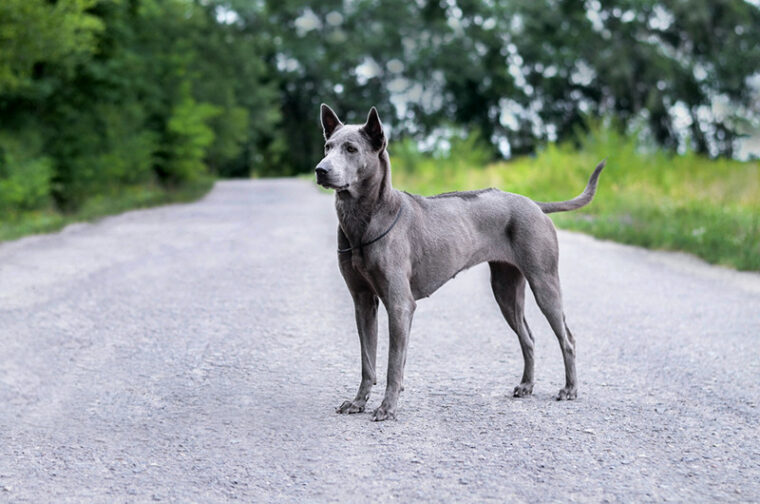
Thai Ridgebacks can display aggressive behavior if not properly socialized and trained. Like many other breeds, early socialization and training are important for Thai Ridgebacks to learn how to interact appropriately with people and other animals. If not properly socialized, they may become wary or suspicious of strangers and may exhibit protective behavior towards their family. In some cases, Thai Ridgebacks may also exhibit aggressive behavior towards other dogs or animals, particularly if they perceive them as a threat.
Health and Lifespan
The average lifespan of a Thai Ridgeback is around 12-16 years. This breed is generally considered to be a healthy one, with few reported health problems. However, like all breeds, they may be susceptible to certain health conditions such as hip dysplasia, elbow dysplasia, and skin allergies.
Food for Thai ridgeback
When it comes to the best food for Thai Ridgebacks, it’s essential to consider their high energy levels and their unique dietary requirements. A high-quality dog food that is rich in protein and fat can help meet their energy needs. Look for dog food that includes whole meats, such as chicken, beef, or fish, and avoids fillers like corn or soy. Additionally, it’s important to ensure that the food meets the necessary nutrient requirements for the breed, including vitamins and minerals like calcium, phosphorus, and omega-3 fatty acids.
Training for Thai ridgeback
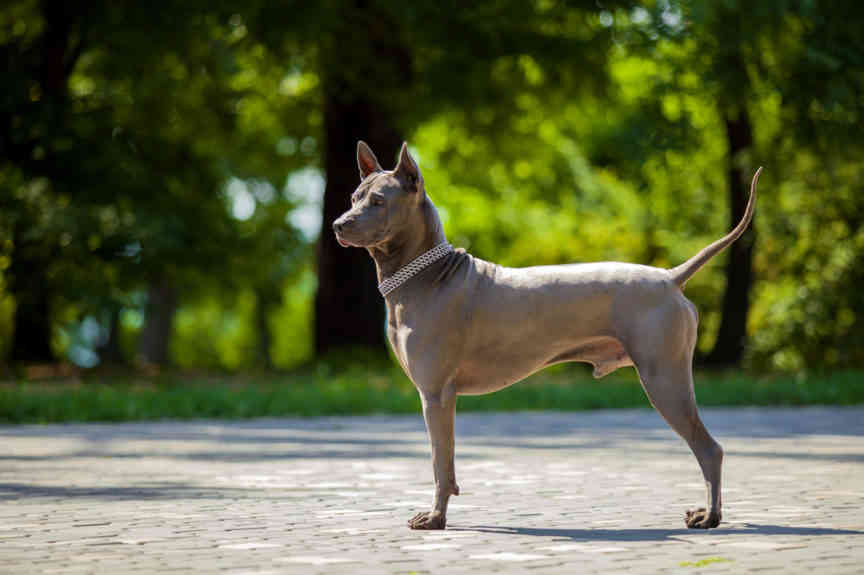
Training a Thai Ridgeback requires patience, consistency, and positive reinforcement techniques. This breed can be independent and strong-willed, so it’s important to establish yourself as the pack leader early on in training. Positive reinforcement techniques, such as treats and praise, work well with this breed, as they respond well to rewards for good behavior. Early socialization is also crucial to prevent the breed from becoming overly protective or aggressive. Thai Ridgebacks enjoy challenges, so incorporating games and tasks into training can be beneficial for both mental and physical stimulation. It’s important to remember that this breed can be sensitive, so harsh training methods should be avoided.
Conclusion
Thai Ridgeback is an intelligent and loyal breed that can make a great companion for the right owner. They have a unique appearance and an independent nature that requires early socialization and training. As with any dog, it is important to provide them with proper nutrition to support their health and well-being. By feeding them a high-quality diet, you can help ensure that they live a happy and healthy life. It is also important to provide them with plenty of exercise and mental stimulation to keep them engaged and prevent any behavioral issues. Overall, Thai Ridgeback is a wonderful breed that can bring joy and companionship to their owner’s life.
